Energy as a Commons: Energy4All Paper presented at REAL CORP 2025
April 30 - 2025

A new paper presented at REAL CORP 2025 in Graz, Austria on 15 April 2025 was developed in collaboration between Eutropian and BOKU University, the paper contributes to the ongoing work of the Energy4All project, which investigates the potential of community-driven approaches in the transformation of energy systems across Europe.
The starting point of this research is a conceptual shift: energy is understood as a commons. Rather than being treated as a commodity subject solely to market mechanisms or centralized management, energy is viewed through the lens of the commons—shared, collectively governed, and embedded in local social and ecological systems. This understanding builds upon the theoretical foundation laid by Elinor Ostrom and others who have argued for more democratic and participatory forms of resource governance. In this framework, energy is not merely a product to be consumed but a common good, tied to collective responsibility, equitable access, and long-term sustainability.
This perspective challenges dominant narratives and opens space for new institutional and governance arrangements. When energy is framed as a commons, communities are not just consumers but co-creators, stewards, and decision-makers. This shift has implications for regulation, ownership, participation, and the role of public and private actors. It raises questions about how shared energy infrastructures can be designed, how benefits are distributed, and how the right to energy is understood and enacted.
The paper draws from six pilot cases in Norway, Austria, Hungary, and Italy, all part of the Energy4All project. These pilots serve as testing grounds for diverse models of Energy Communities (ECs) and Positive Energy Districts (PEDs). Each case offers a specific context in which the commons approach to energy is being explored and adapted.
In Norway, a collaboration between industry and the municipality investigates how industrial waste heat can be repurposed through public-private cooperation. In Austria, two different initiatives—one citizen-led, one municipality-driven—provide contrasting insights into how collective energy efforts are structured and governed. In Hungary, one case centers on the transformation of a community hub into a co-managed energy node, while another focuses on the integration of energy solutions into social housing. In Italy, a historically marginalized neighborhood in Rome is positioning energy as a tool of empowerment and community resilience.
Grounded in the understanding of energy as a commons, the quintuple helix model of governance—linking government, academia, industry, civil society, and environmental knowledge—serves as an analytical framework for examining how interconnected networks of actors enable or constrain the development of energy communities.
Rather than offering a universal blueprint, the paper emphasizes the importance of contextual sensitivity. What is made clear across the pilot sites is that energy commons emerge differently depending on local histories, regulatory conditions, and social dynamics. Nevertheless, shared principles—such as transparency, mutual benefit, and non-extractive governance—appear as recurring foundations.
By advancing the concept of energy as a commons, the paper contributes to broader conversations about just transitions, democratic participation, and the re-localization of essential infrastructures. It suggests that the shift toward community-based energy is not simply a technical innovation but a cultural and institutional transformation—one that calls for new imaginaries and new forms of collective action.
The paper is currently being finalized and will be presented at the REAL CORP 2025 conference in Graz. Further updates will be shared in the lead-up to the event, including deeper insights into the pilot cases and reflections on the challenges and opportunities that lie ahead for energy commons in Europe.
Read the paper here.
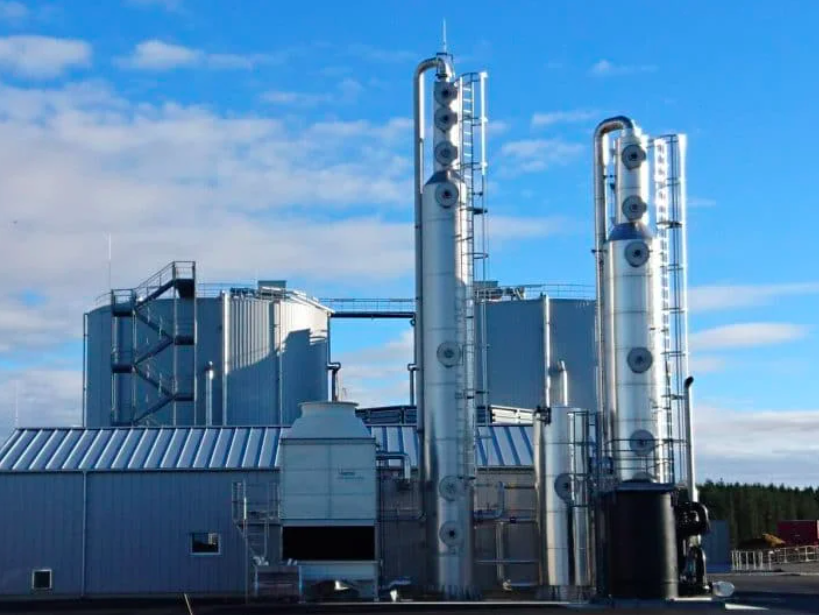
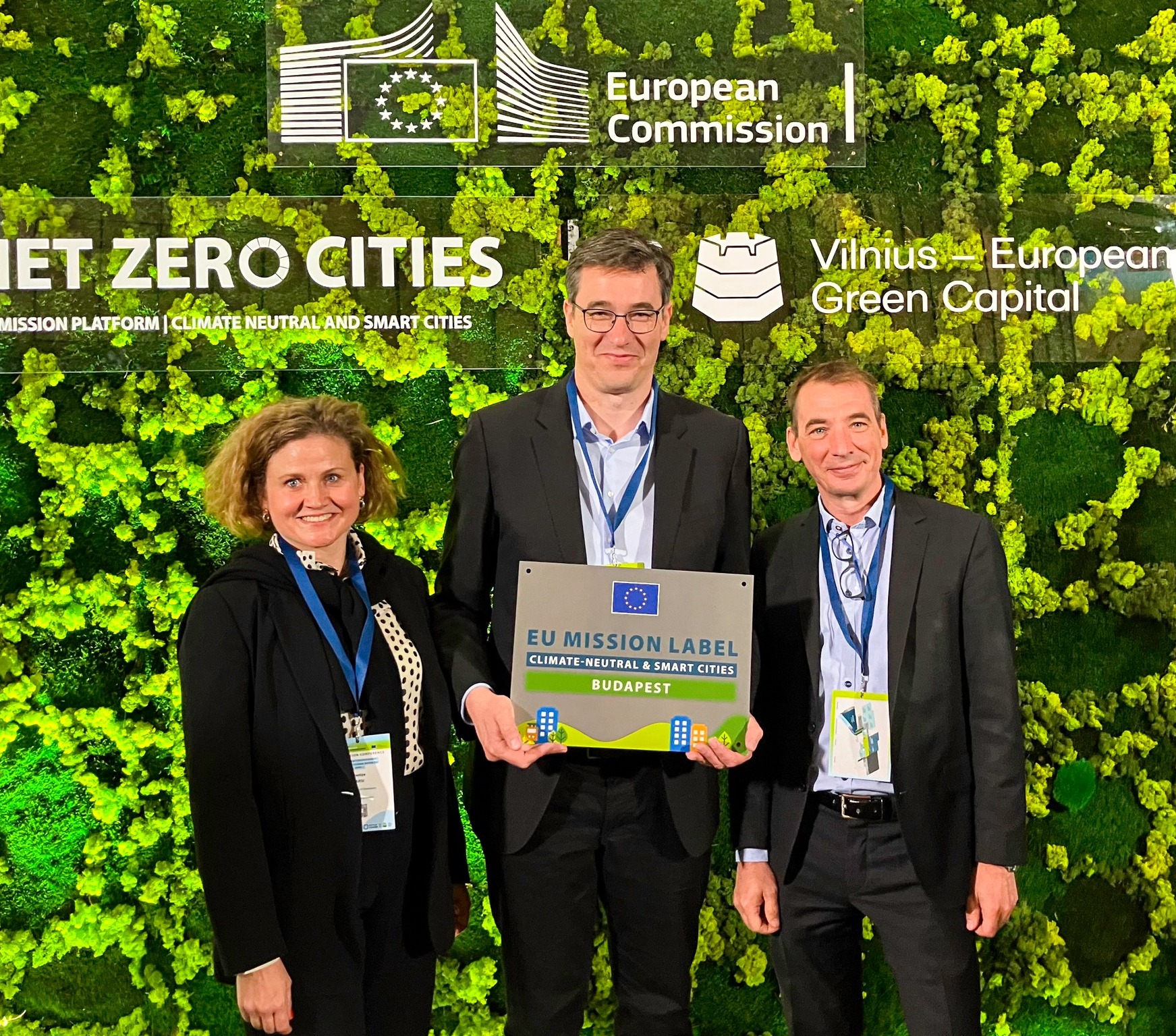
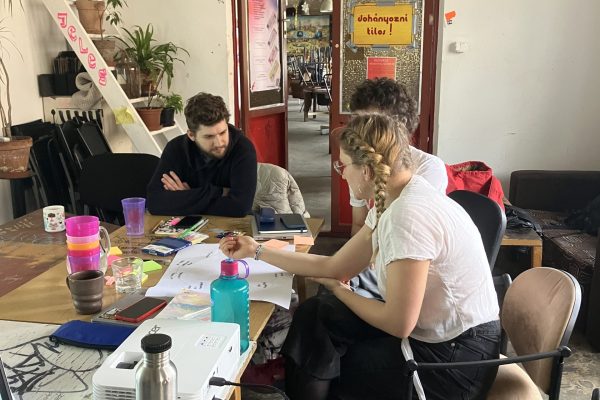

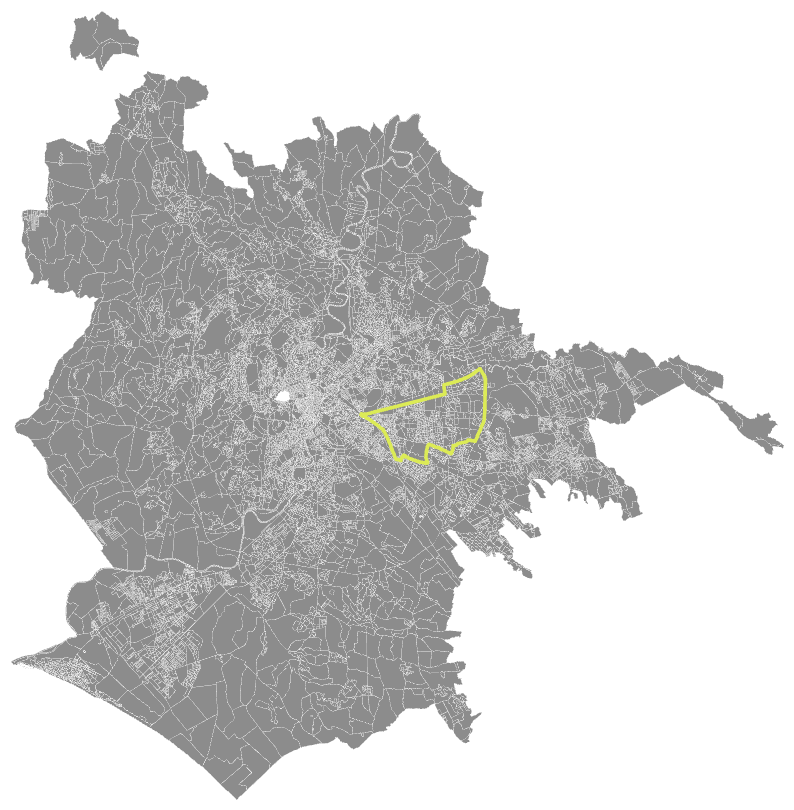
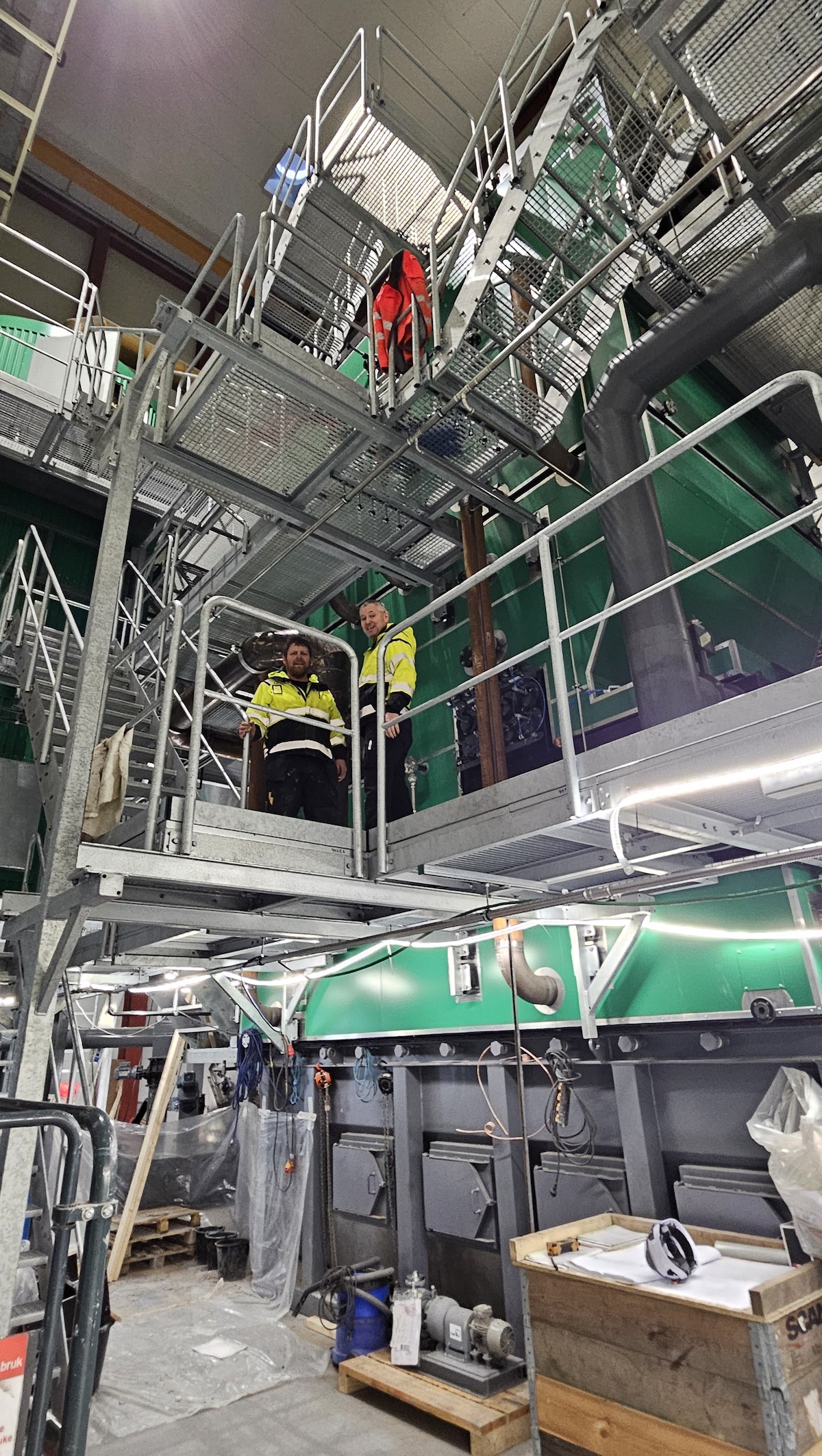



Share on